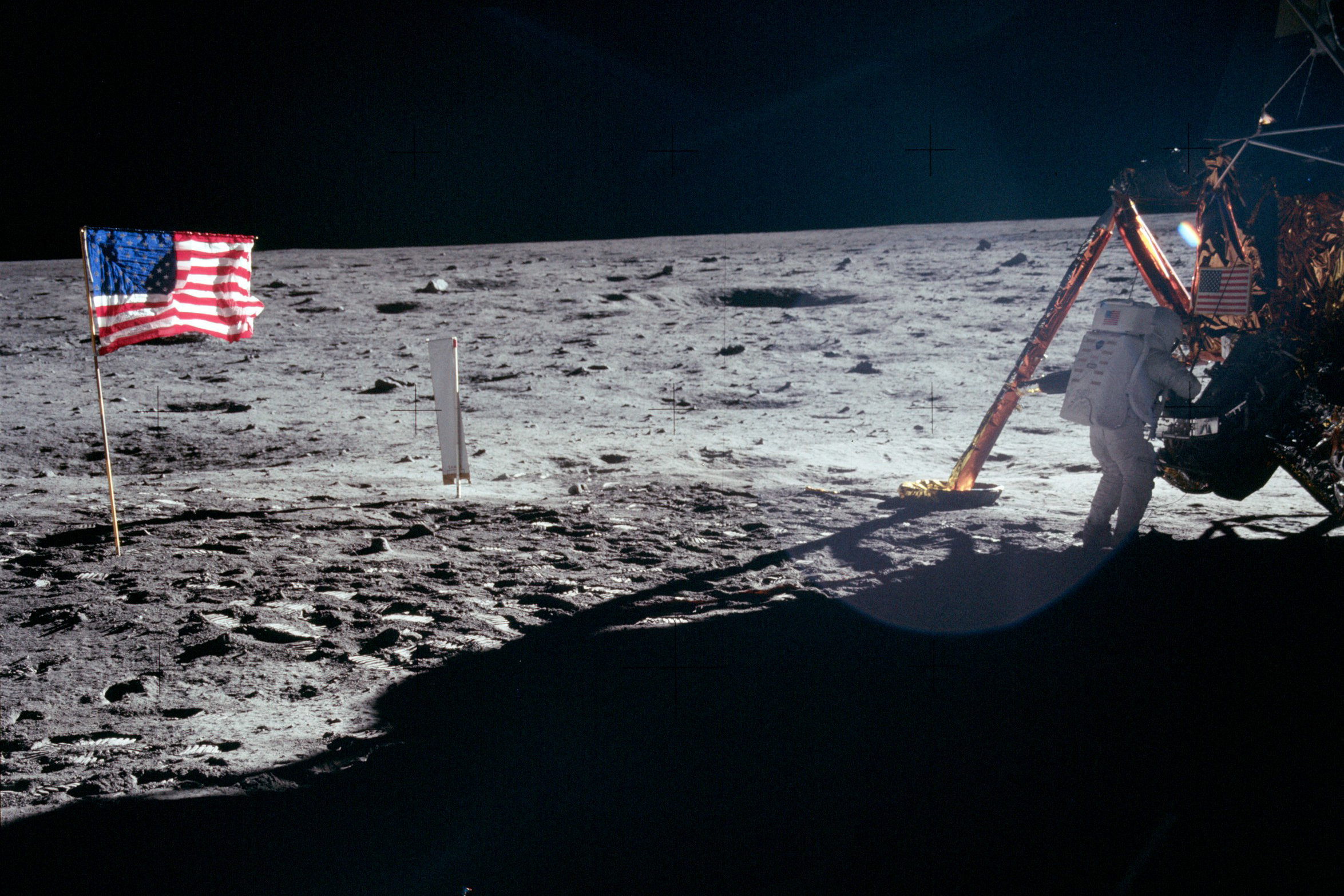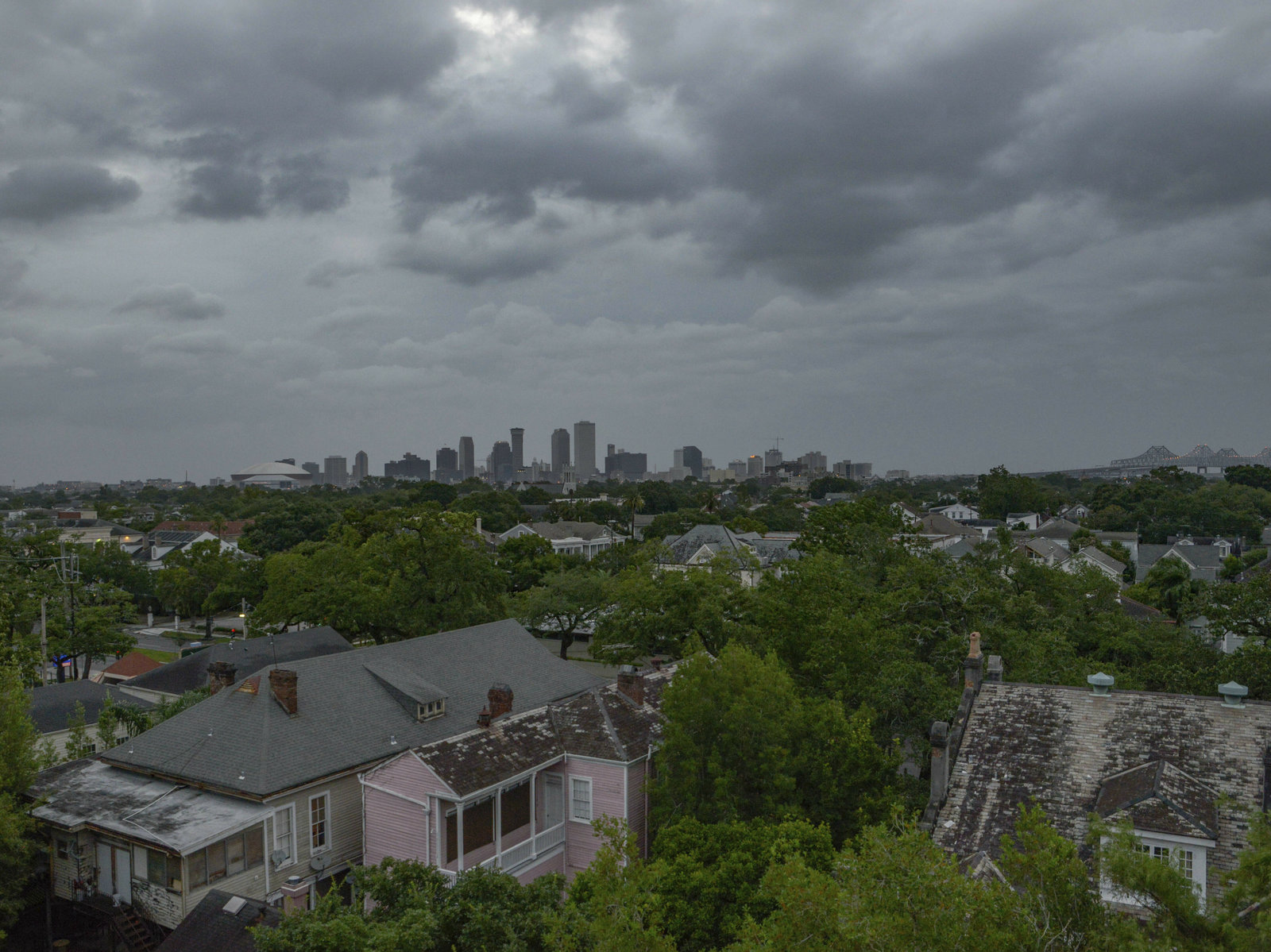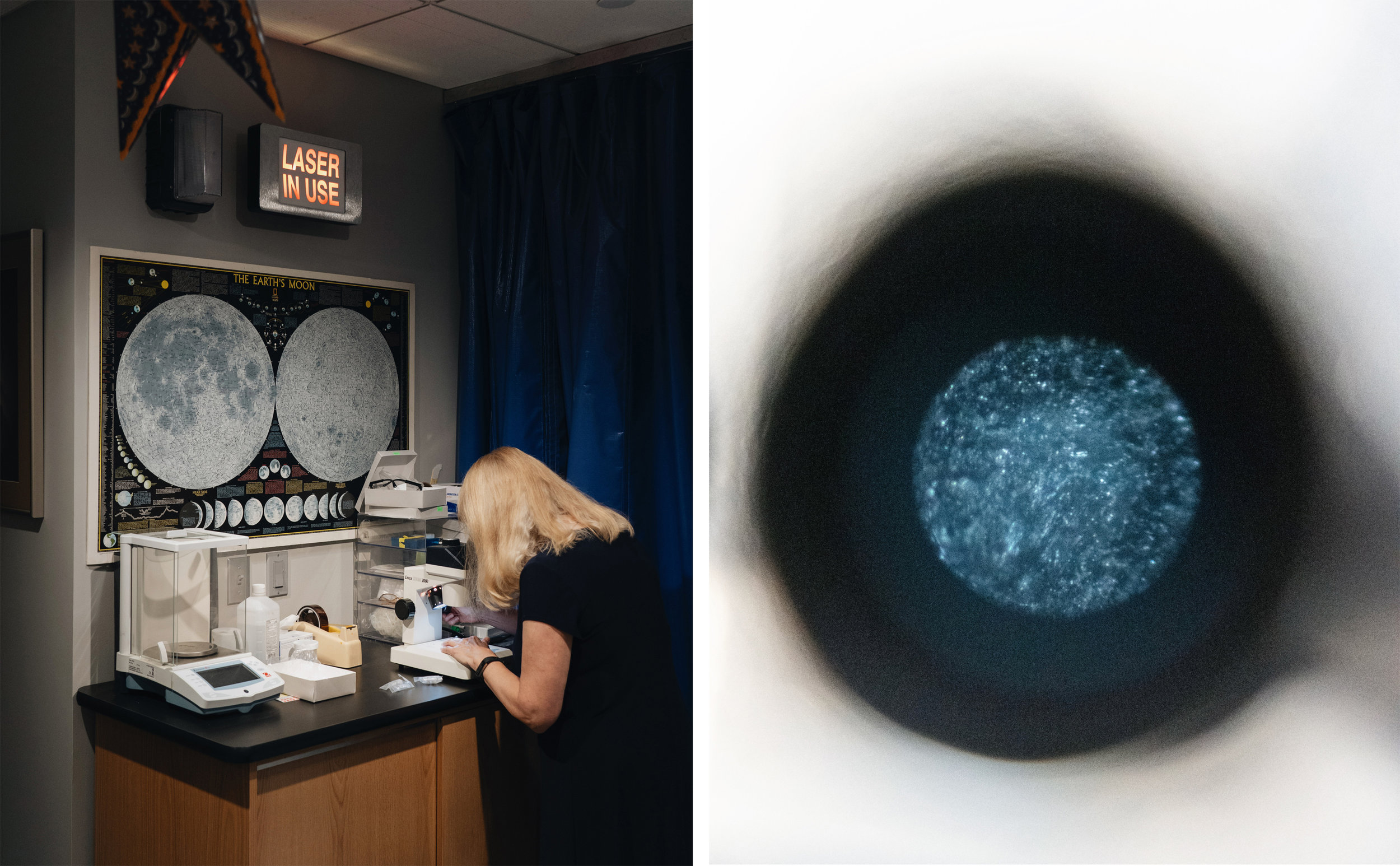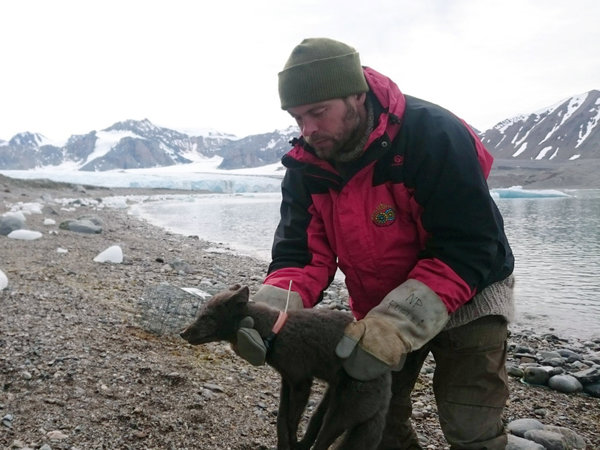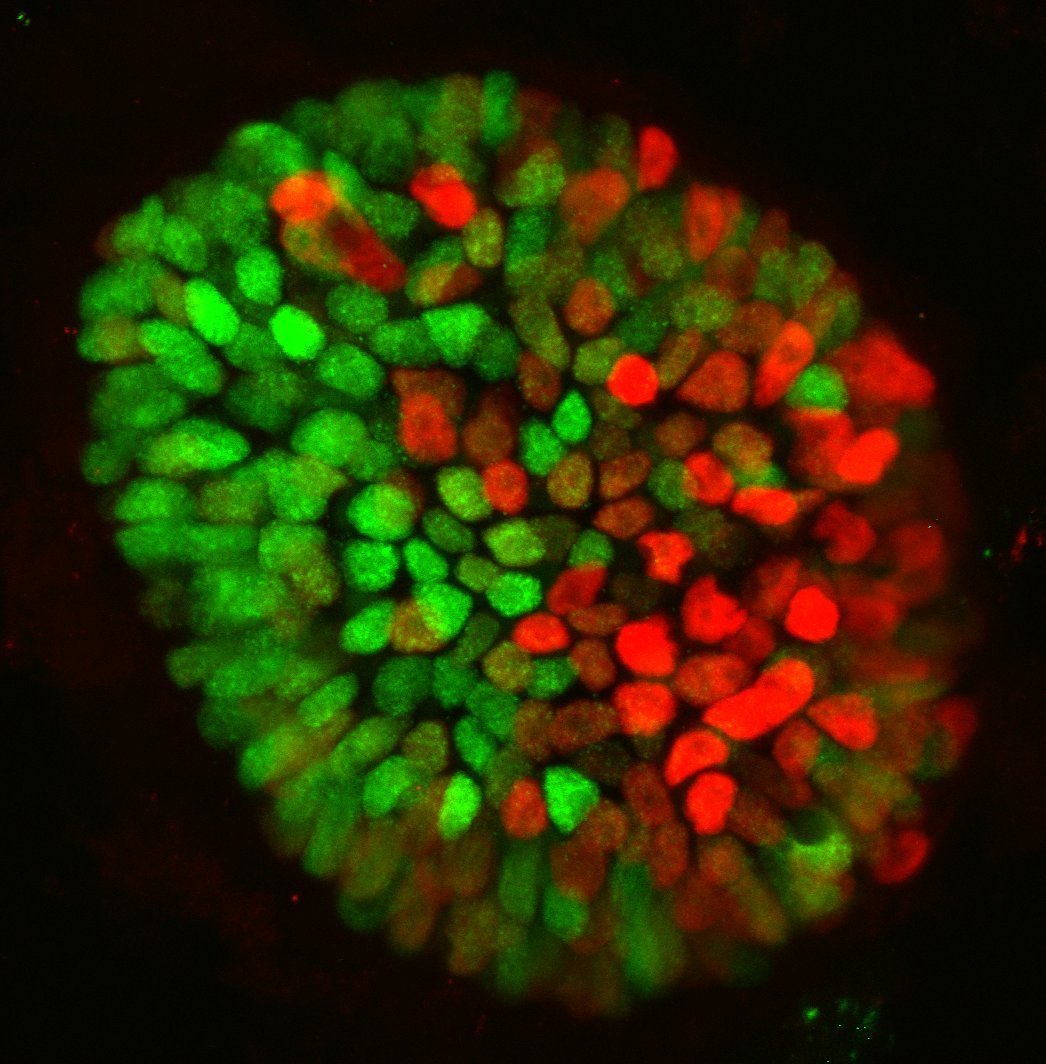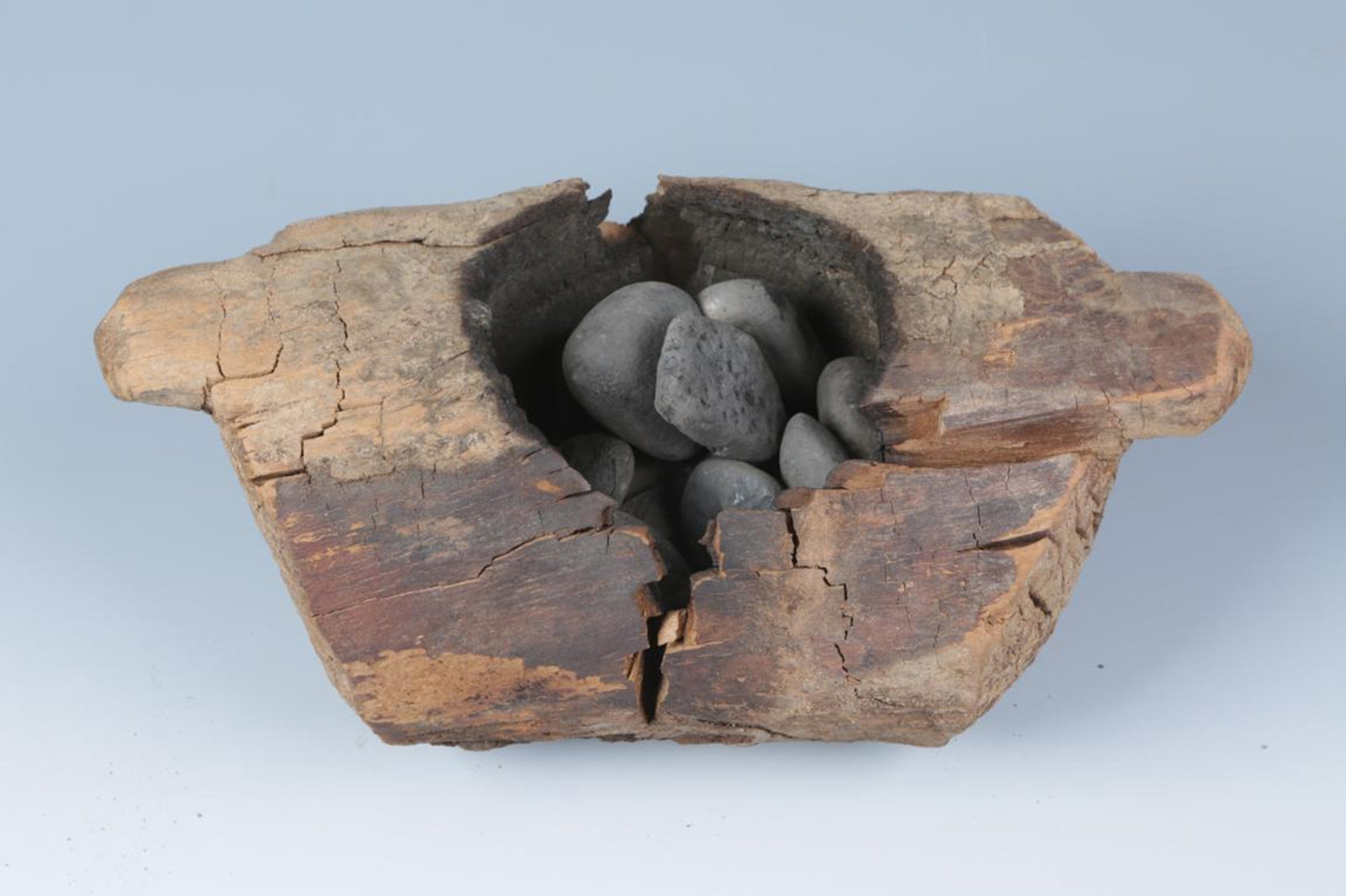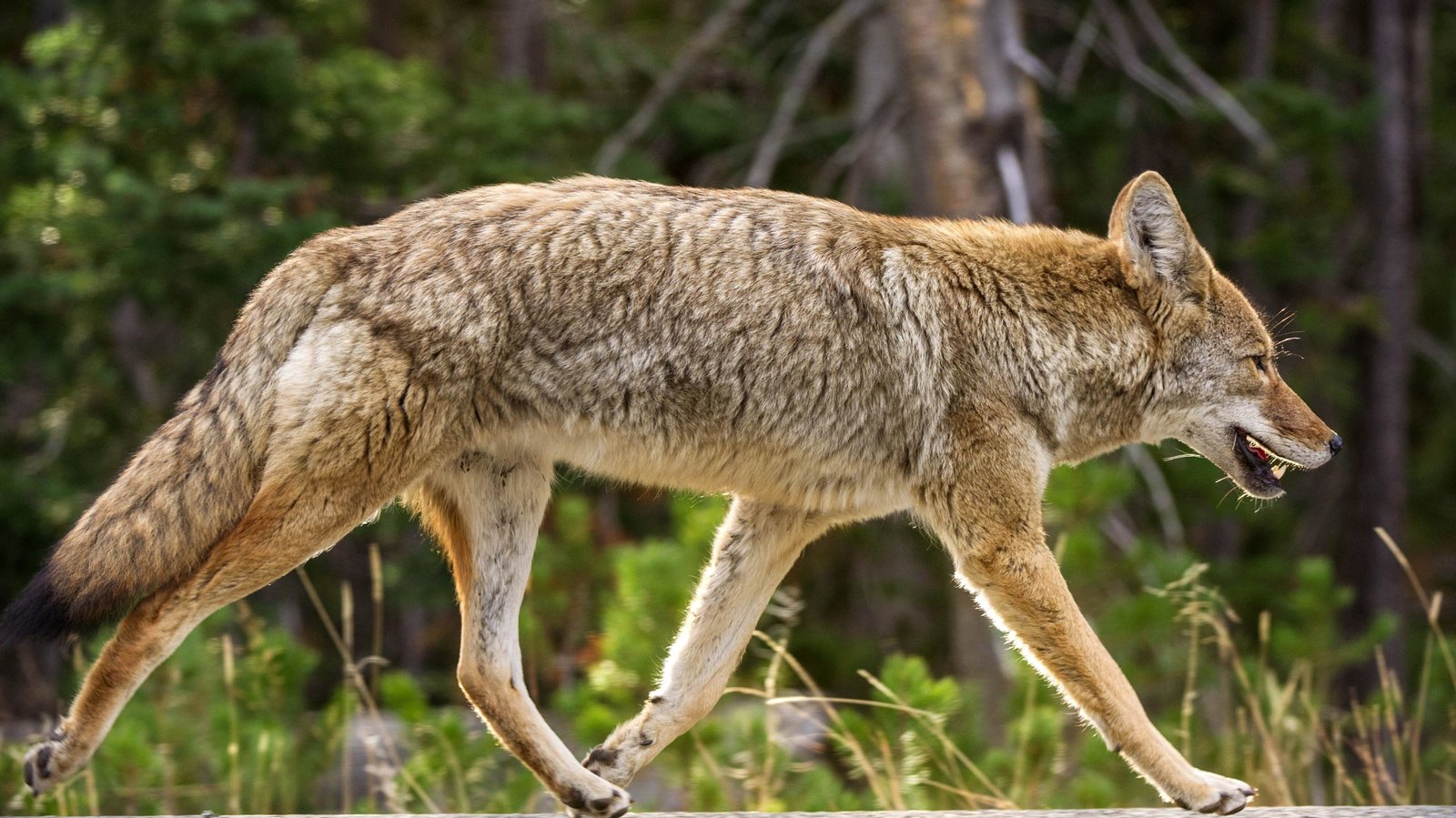 Thursday, July 18, 2019 at 12:13PM
Thursday, July 18, 2019 at 12:13PM Cool Your Jets! Science Might Explain Your Weird And Emotional Airplane Behavior
"Lady Gaga fills the tiny back-of-seat airplane screen. Then, (spoiler alert) A Star Is Born's tragic ending ensues and the waterworks begin."
Born's tragic ending ensues and the waterworks begin."
"Amanda Wind, an airline passenger taking an early morning flight, felt tears welling up in her eyes. Soon, her sobs were so loud, she had roused several other passengers from their sleep."
"Her uncontrollable crying is not out of the ordinary. Neither are bizarre beverage orders, tirades against flight attendants or intimate bonds forged with seatmate strangers."
"Flying makes people do weird things."
"'When people get on a plane, they revert to a lizard brain where they forget all social decencies and common sense,' Kat Anderson, a flight attendant who has seen her fair share of oddities through three years of accommodating travelers, tells NPR's Weekend Edition."
